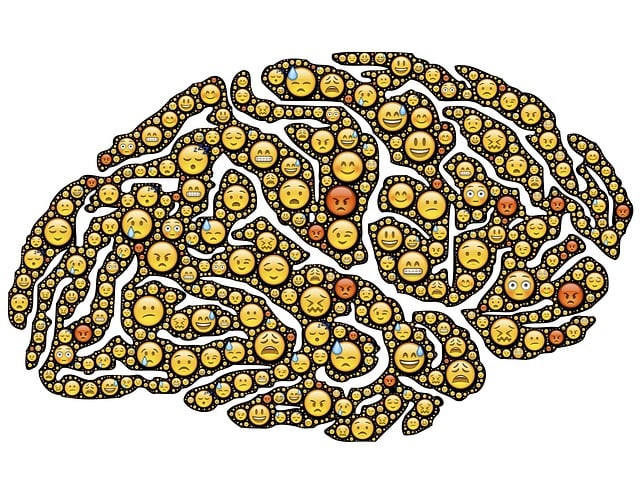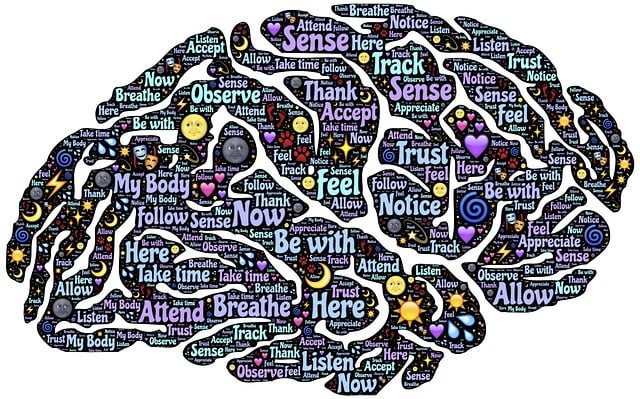Mental health support tailored to elderly populations, including data-driven analysis and hypnosis, is crucial. Advanced techniques predict therapy outcomes, guiding personalized interventions. While hypnotherapy shows promise in treating anxiety and depression non-invasively, ethical considerations are vital for protecting vulnerable elders' privacy and autonomy. Combining traditional talk therapies with hypnosis in comprehensive frameworks could revolutionize mental health care for seniors.
Mental health data analysis plays a pivotal role in understanding and enhancing treatment strategies, especially for elderly populations. This article explores critical aspects of interpreting mental health data, focusing on unique approaches like hypnosis within data-driven therapy. We delve into effective analysis techniques to unravel treatment outcomes, highlighting ethical considerations and the future potential of hypnotherapy in mental health research. By understanding these elements, we can foster more tailored and accessible therapy for elders.
- Understanding Mental Health Data for Elderly Populations
- The Role of Hypnosis in Data-Driven Therapy Approaches
- Effective Analysis Techniques to Interpret Treatment Outcomes
- Ethical Considerations and Future Directions in Mental Health Research
Understanding Mental Health Data for Elderly Populations

Understanding mental health data among elderly populations is a specialized field that requires tailored approaches. The unique challenges faced by older adults, such as age-related cognitive changes and chronic conditions, can significantly impact their emotional well-being. Effective therapy for elders often involves innovative strategies to address these complex issues. One promising technique gaining traction in emotional regulation for the elderly is hypnosis, which has been shown to facilitate emotional healing processes and boost confidence.
By delving into mental health data analysis, researchers can identify specific needs within this demographic. This enables the development of targeted interventions, including hypnosis-based therapies, that cater to the psychological landscape of older individuals. Such personalized care ensures that emotional regulation strategies are accessible and beneficial for those seeking support in their later years.
The Role of Hypnosis in Data-Driven Therapy Approaches

Hypnosis has emerged as a powerful tool within data-driven therapy approaches, offering unique benefits for older adults seeking emotional well-being promotion techniques. Through guided relaxation and altered consciousness, hypnosis allows therapists to access and address deep-seated thoughts, memories, and behaviors that may be obscured during traditional conversation. By tapping into the mind over matter principles, this therapeutic technique can help individuals overcome various mental health challenges.
For instance, research suggests that hypnosis is an effective method for managing anxiety and depression in older populations, often as a non-invasive alternative to medication. The ability to induce trance states enables therapists to guide patients through positive visualizations and reframing negative beliefs—key components of many successful therapy models. By integrating these techniques into data analysis, mental health professionals can gain deeper insights into their clients’ experiences, creating more personalized and impactful treatment plans that cater to the specific needs of older adults striving for enhanced mental health awareness.
Effective Analysis Techniques to Interpret Treatment Outcomes

In the realm of mental health data analysis, effectively interpreting treatment outcomes is key to understanding what strategies truly promote emotional well-being. Advanced techniques, such as statistical modeling and machine learning algorithms, enable professionals to uncover insights from complex datasets. By employing these tools, practitioners can identify patterns that predict positive and negative responses to various therapies, allowing for more personalized approaches. For instance, in the context of therapy for elders, hypnosis has shown promise in improving emotional regulation. Analyzing data from clinical trials using advanced statistical methods helps unravel the mechanisms behind this effective emotional well-being promotion technique.
Community outreach program implementation also benefits from such analysis. Understanding demographic and social factors influencing mental health outcomes enables community healthcare workers to design targeted interventions. This approach, combined with techniques like multi-variable regression analysis, can significantly enhance the effectiveness of programs aimed at improving emotional well-being across diverse populations. By delving into these data-driven insights, mental health professionals can ensure their strategies are not just reaching but also resonating with individuals in need.
Ethical Considerations and Future Directions in Mental Health Research

As mental health research continues to evolve, it is crucial to navigate the ethical considerations that come with analyzing sensitive data. Protecting the privacy and consent of participants, especially vulnerable populations like elders, is paramount. With the rise of digital health interventions, such as online therapy platforms and mobile apps offering mindfulness meditation and self-awareness exercises, researchers must ensure data security and only use information with informed consent. Hypnosis, a growing area of interest in mental health treatment, presents unique ethical dilemmas regarding patient autonomy and the potential for manipulation. Balancing scientific progress with ethical standards is essential to building trust in research and ensuring that trauma support services are delivered responsibly.
Future directions in mental health research should focus on integrating diverse therapeutic approaches, including traditional talk therapies and complementary practices like hypnosis, into robust data analysis frameworks. By examining the effectiveness of these methods, researchers can contribute to evidence-based practices that cater to a broader range of individuals. Additionally, exploring the potential of technology, such as virtual reality for exposure therapy or artificial intelligence for personalized treatment plans, could revolutionize mental health care while also demanding careful consideration of ethical boundaries.
Mental health data analysis plays a pivotal role in understanding and improving outcomes for elderly populations. By combining traditional research methods with innovative techniques like hypnosis, we can unlock new avenues for effective therapy. Effective analysis of treatment outcomes ensures personalized care and informed decision-making. As we look to the future, ethical considerations are paramount, guiding mental health research towards more inclusive and beneficial practices, particularly in the context of therapy for elders enhanced by hypnosis.













